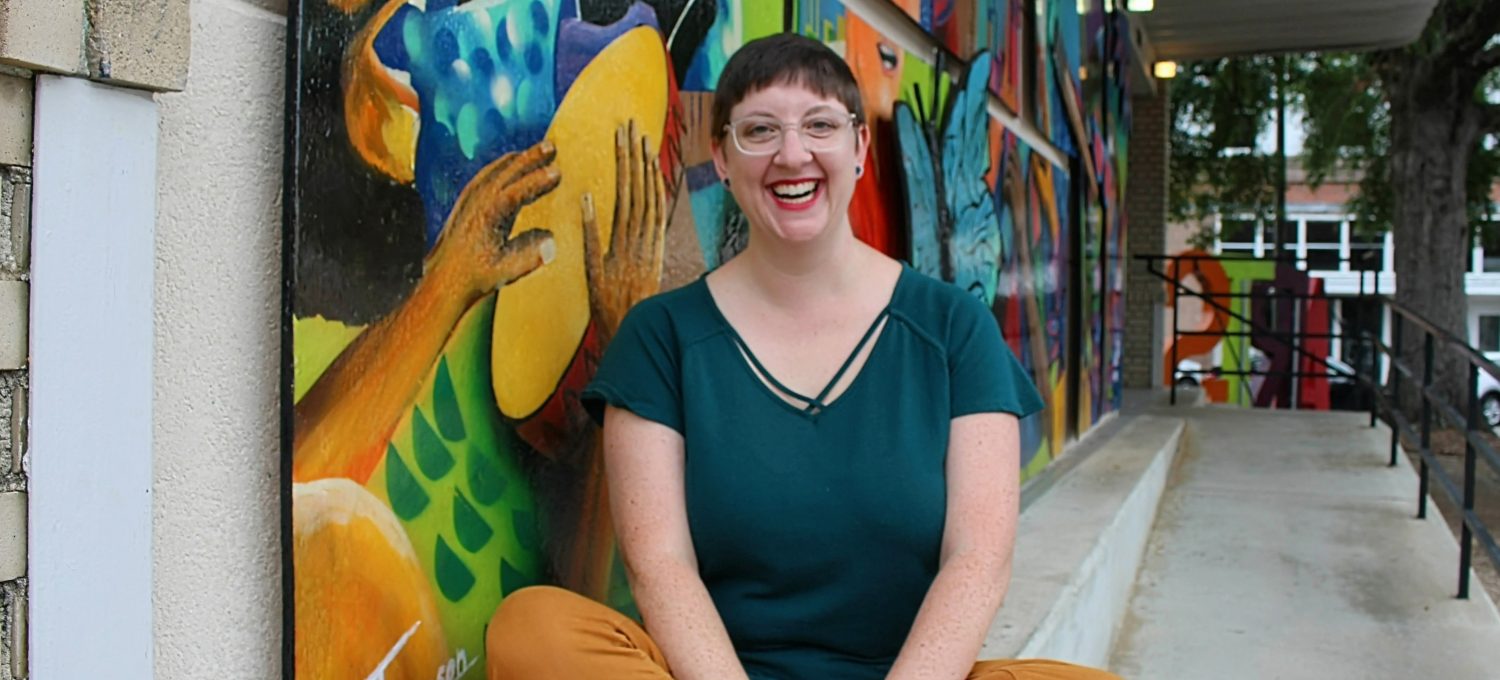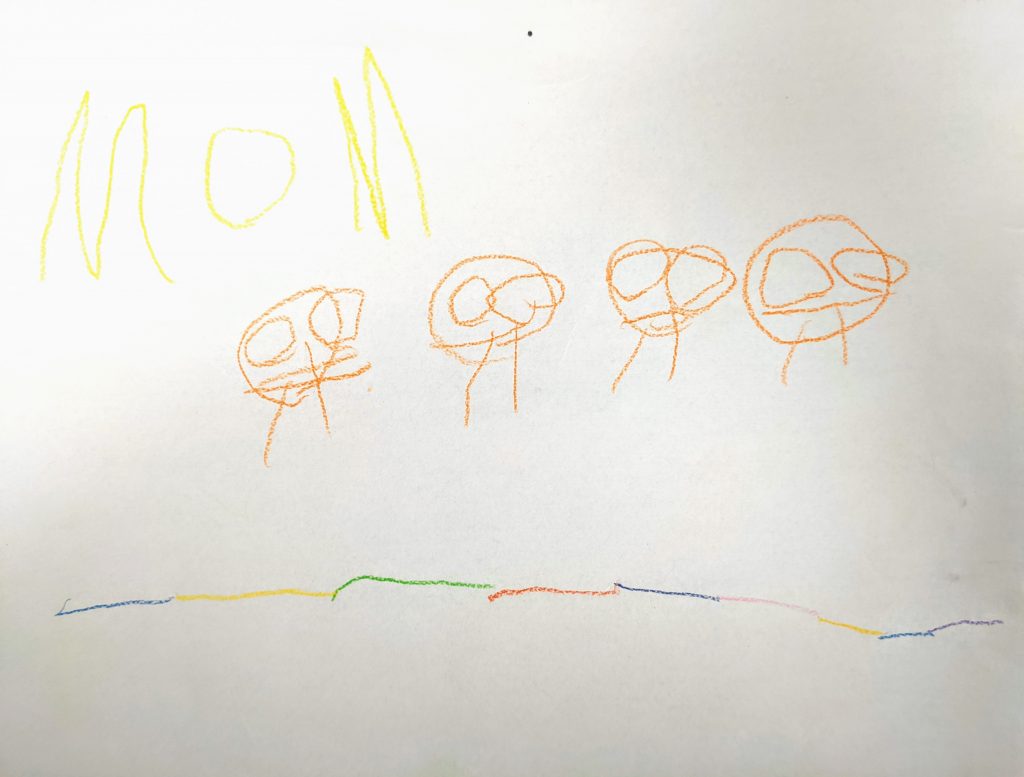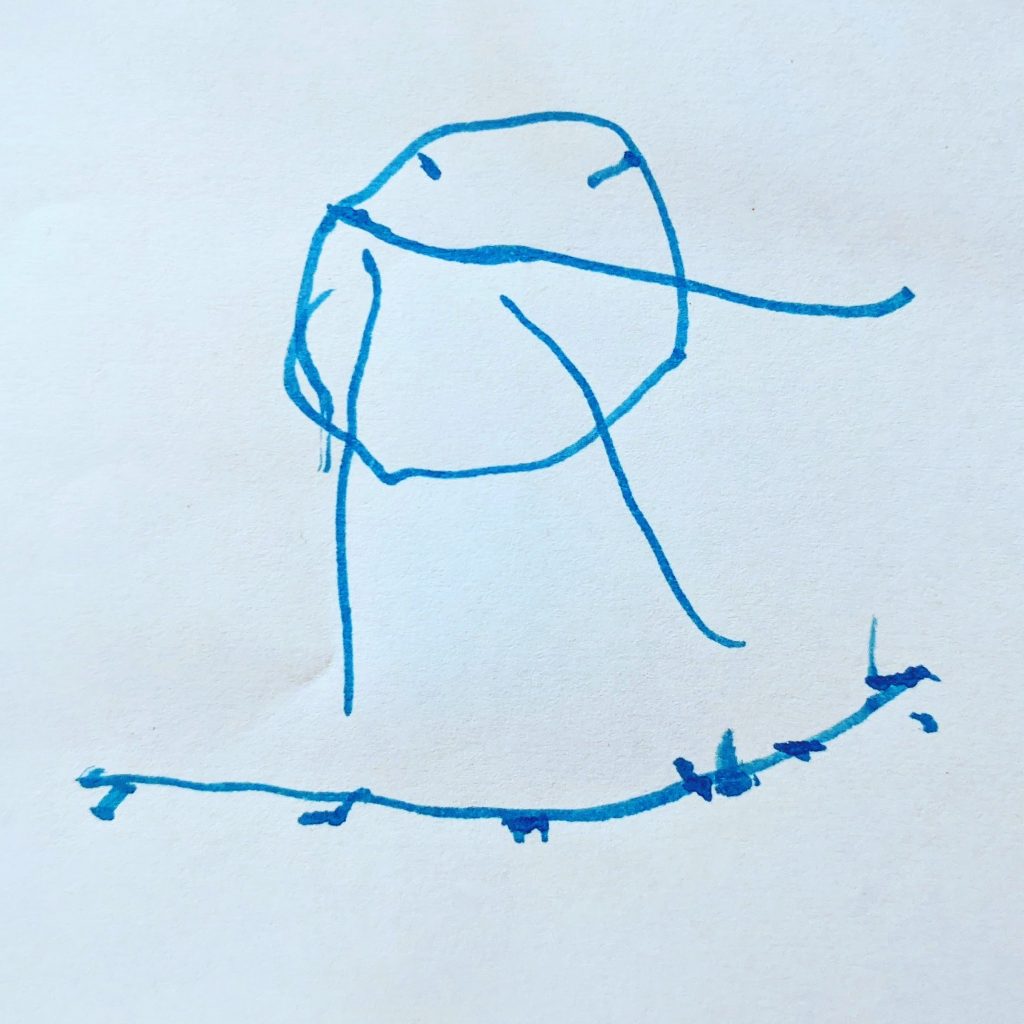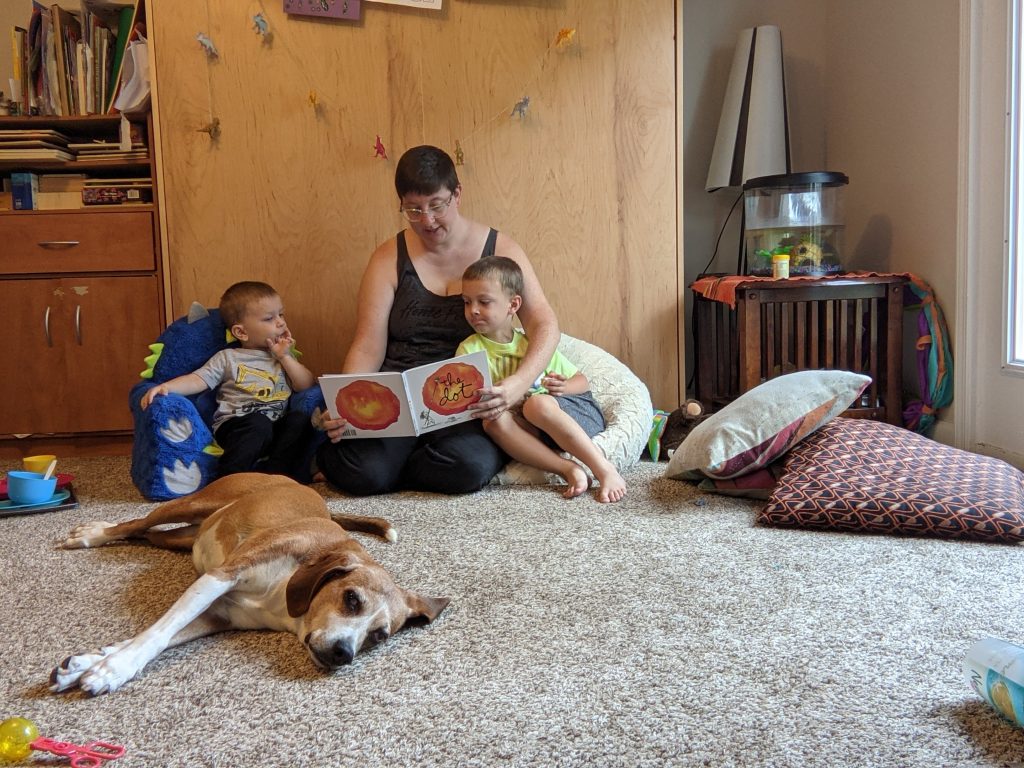What inspired you to play the flute? Do you have any teachers that influenced your path as an artist?
Most of us can think of a really great teacher that made a huge difference in our lives and education. Deanna Little was and continues to be that teacher for me. She helped to form my flute playing into what it is, pushing my technique, expanding my tone, and encouraging me to find my own timbre and voice. When I started lessons with Deanna in high school, I had moved from a school in Connecticut where “band” meant choosing from a list of 3 instruments and playing music from a recording with the other 4 students in the program. I did not know how to read rhythms, knew very few upper register fingerings, and did not know how to tongue at all. What’s more, I didn’t even know those were things I needed to learn! The amount I grew with her guidance is still remarkable to me, and I went on to major in music at Middle Tennessee State University with her as my teacher through my undergrad. She continues to show me what it means to balance being a performing musician, teacher, and mom, and I still call her any time I need advice or a laugh.
Did you always want to be an orchestral performer? What has been your most memorable moment with the orchestra?
Didn’t everybody go through a Marine Biologist phase? No? Just me?
Ok, but seriously, no, I didn’t always want to be an orchestral player. I knew early-on that I liked playing with other people, and being in an orchestra is such a fun way to make great music with others. Some of my favorite purely musical moments are in pit orchestras, because I love feeling like I’m a part of something bigger than myself; that’s very apparent when underneath a stage full of people acting out an epic story above!
My own epic story came when I became a mom. I performed up until 2 weeks before my due dates with both of my boys, and having them rolling around inside while I played are my most memorable moments. While I was pregnant with my eldest, I played a children’s performance of Peter and the Wolf where I walked to the front of the stage, played the bird, smiled, felt baby Arthur punching my bladder, calmly turned around, and ran to the bathroom backstage. I made it back to my seat in enough time to catch the first entrance, but if that doesn’t remind you that it’s not all about you, nothing will.
How do you manage your performance schedule with toddlers? Any advice to newly minted mothers and fathers (this question is mostly for me!)
I’ve got 2 kids – Arthur (4) and Simon (2). They are insanely funny and properly annoying and “thank God they’re so cute” in equal measure.
The great thing about being a musician is that you learn really early on how to manage a schedule. That skill is super useful when you have kids, because when they’re little someone has to be watching them at all moments so they don’t find that box of knives you forgot was packed away in the closet. I find that managing my schedule and my husband’s schedule and my kids’ schedules isn’t the problem – gigs made me good at that.
The crappy thing about being a musician is that we often don’t learn how to manage our expectation of success. When I was in graduate school, it was drilled into me that a successful career meant gigs for days, a principal flute job, solo opportunities every summer, and the occasional masterclass teaching at a respected institution, all with pay that would support a relaxed lifestyle. With that version of success in my head, there was no amount of managing my schedule with two toddlers that would make me happy. There is no “having it all.” There’s just having what you want, and communicating that with your partner or your colleagues or your students and yourself. It took me moments to realize that I care more about my kids than any flute-related thing. It took me years to feel ok with that realization. Every time I saw a “music isn’t what I do…it’s who I am” bumper sticker I felt guilty because that’s the motto that a lot of advanced music education taught me. Musicians are supposed to be ok with locking ourselves in a room alone to practice hours on end and forgo social activities or exercising or relaxing in pursuit of perfection. And the way to measure the correct amount of personal perfection you achieve in the practice room is by how easily you can transition music into a career.
Realizing that I can still be successful and say no to gigs or cut my practice time or not go to the next flute convention is how I manage my time now. I’ve learned to manage what success meant to me rather than learning to cram everything I thought success was into a smaller package.
I think that has to happen whether or not you have or want kids, because everyone hits a point where the package can’t keep getting bigger. For me, once I held my boys’ sticky little bodies after giving birth, I knew that my idea of success needed to shift, because the flute has never been that important and has never felt that amazing.
You recently shifted gears into a new role as education manager for a large arts council. How has your career as an educator shifted over time? Any advice for aspiring educators?
As my idea of success as a flute player has changed, so has my idea of how to be an educator. I’ve gone from being worried that I am making cool, interesting, exciting, good things to realizing that it’s more important to support other people making cool, interesting, exciting, good things. And that supporting those people is a version of having a successful artistic career that works for me. The idea that I only know the smallest snippet of the exciting art that’s happening in my community gives me hope that the arts are going to be ok and helps remind me that art is collaborative. Really good art should make us mad that we didn’t think of it while also making us excited that someone else did, and in my new role as Arts Education Manager here in Fayetteville I get to find people doing those things and send them to schools around the region. I’ll be helping kids respect and appreciate the arts and artists, and I’ll be funding those artists to help them feel financially supported to do what they do. It’s certainly a shift for me, but one I’m really excited about.
What are you listening to/reading/ playing these days?
I’m excited to get to play music with other people again! I’m working on some orchestral music for shows with the Fayetteville Symphony and the Long Bay Symphony, and I’ll be premiering some new music by Stuart Saunders Smith with a percussion friend in December.
I’m mainly reading children’s books with my kids, which have so many great ideas about how to be creative and teach creativity. We love Peter H. Reynold’s “The Dot”. In it a student, Vashti, assumes she isn’t artistic until her teacher sees a dot on her paper, asks her to sign it, and hangs it behind her desk. Vashti feels challenged to make something better for the teacher, then inspired to make more things for the teacher to hang up, then supported by the teacher when she shows her dots at the school art show. The book ends with Vashti using the same method on a younger student when she asks him to sign his line drawing. “The Dot” shows that a teacher can help mold someone’s idea of artistry and success in a positive way. I hope I’m learning to be that teacher in my own life.
About Sarah Busman
Sarah Busman is the flute professor at UNCP and the principal flutist of the Fayetteville Symphony Orchestra. In November, she will assume a new position as the Arts Education Manager for the Arts Council of Fayetteville/Cumberland County. She is the founder of Darkwater Festival, which celebrates womyn in music through scholarship, performance, and new music. Sarah holds a BM from Middle Tennessee State University and an MM from the Peabody Conservatory of Music. She lives in Fayetteville, NC with her husband, Joshua Busman, her two little boys, Arthur and Simon, and her hound dog Foster






I loved reading about Sarah’s evolution as a musician and how she has worked through the unspoken struggles most of us have in defining success. It hits so close to home, and I’m so happy to read about it. Brava, Ms. Sarah! I am so excited to see you mothering, succeeding, and evolving, my friend.
Super cool! Thanks for publishing.